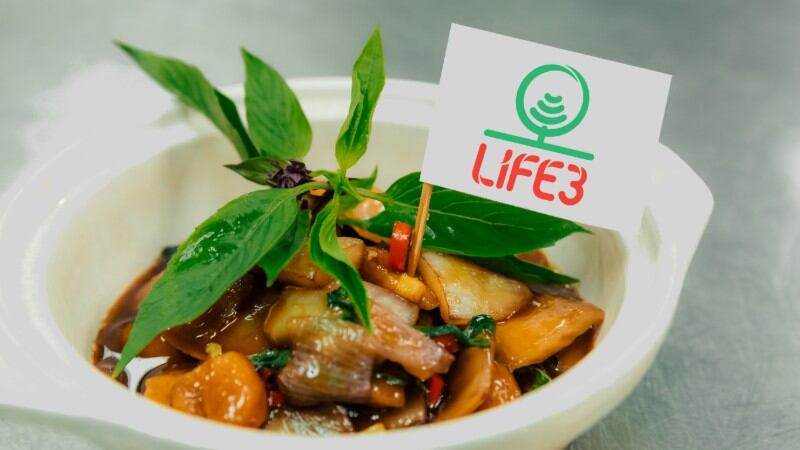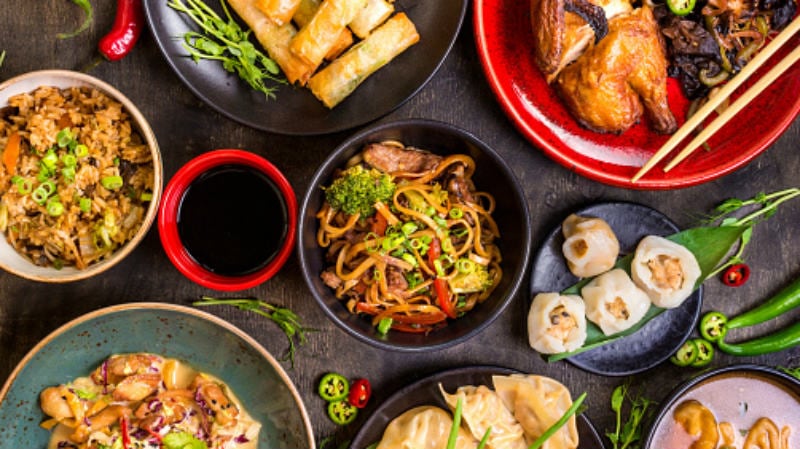The first product that will be produced by this manufacturing facility will be Veego, a plant-based ingredient made from blend of legumes, grains, fungi and other whole foods.
“These ingredients were specially selected [to provide] high nutritional quality in protein and fibre, as well as low in fats. Veego contains no artificial colouring or flavouring and is free from any preservatives,” Life3 Biotech Founder Ricky Lin told FoodNavigator-Asia.
Although he remained coy on production details, Lin said that the firm uses ‘unique production machinery’ for manufacturing, which helps to maintain a ‘consistent texture quality’ for Veego, and this will be maintained in the new production facility as well.
“For our pilot facility, which is about 50,000 square feet in area, we will have a semi-automated line that can deliver up to 1200 kilotons annually,” he said.
“[A major objective of the] pilot facility is to mass produce Veego to the market, and production will ramp up by Q4 2020.”
In addition, the facility will also serve as a platform for the company to ‘test-bed’ innovative concepts, as well as conduct further research and development.
“Life3 Biotech is looking to conduct deep research to push the boundaries of eco-circularity and sustainability, where high-tech indoor production of key protein crops can be used as quality ingredients for food formulation and manufacturing,” Lin added.
“The facility will house an indoor farm where we will grow some of the crops needed to make Veego, and we may also explore growing other crops that may be commercially viable in the market.”
The facility is supported by SFA and the Singapore Land Authority (SLA), in terms of location and advice over the its design, as well as to meet stringent local food factory certifications
Marketing strategy
Life3 Biotech aims to introduce Veego into the market via the B2B route first, so mainly through foodservice such as hotels and restaurants as a food ingredient initially.
“We hope to establish our footing with these collaborations first, before launching Veego to the mass market,” said Lin.
This move is not a surprising one, as this route is similar to that which has been tried and tested by various other plant-based firms such as Impossible Foods and Beyond Meats with pretty positive results.
Local expertise
Life3 Biotech is also very adamant about establishing itself as a Singapore company first, Lin told us.
“As a local company, Life3 Biotech’s focus will always be establishing its footing in Singapore first[ even though] we are exploring regional expansion plans in the near future,” he said.
“As a local brand, we have a better understanding of the Asian palate and we are working towards incorporating plant-based ingredients in our Asian cuisine.”
The firm’s belief in Veego as a meat alternative very much lies in its natural fit into current industry trends, from health to sustainability to plant-based.
“As people grow to be more health conscious, Veego’s entry into the market gives them an additional option for protein sources,” Lin added.
“Also, the meat production industry has one of the highest carbon footprint, which is detrimental to the environment. Veego fits in nicely in the market as a healthy, low carbon footprint product.”





